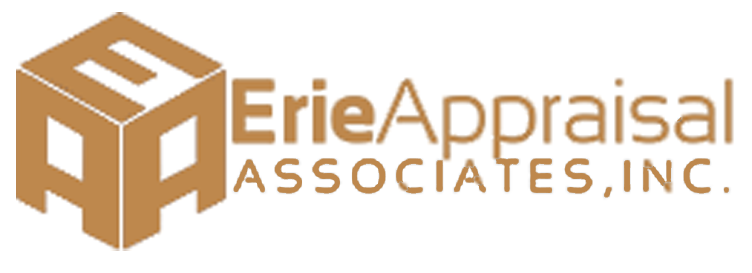Automobile Repossession
If you need to consult with an attorney or would like more information on legal matters concerning automobile repossession, please contact the Erie County Bar Association's Lawyer Referral & Information Service.
Most people finance the purchase of their truck or automobile. In most cases, the consumer enters into a loan agreement which allows the consumer to pay for the vehicle over time and gives the lender a "security interest" in the vehicle. The security interest gives the lender the right to repossess the vehicle if the consumer breaches the agreement with the lender.
The most common cause of repossessions is the failure of the consumer to make payments under the loan agreement. The lender has the right to repossess the vehicle immediately if a payment is not made on the due date. If the loan agreement has a grace period, the lender may repossess the vehicle on the first day after the grace period expires. The lender may also repossess the vehicle if the consumer fails to maintain insurance on the vehicle as required by the loan agreement. The lender is not required to give the consumer any notice before repossessing the vehicle.
Once a vehicle has been repossessed, the consumer does not have the automatic right to get the vehicle back just by paying the past-due payments. If payments on the loan are less than fifteen (15) days past due, the consumer has a period of fifteen (15) days in which to pay the balance due on the loan plus any default charges which may apply under the loan agreement. If payments are more than fifteen (15) days late, the consumer must pay the FULL balance due on the loan, PLUS any applicable default charges, PLUS the costs of repossessing the vehicle and storing the vehicle in order to have the vehicle returned.
In some cases, the lender may agree to "reinstate" the loan by allowing the consumer to pay just past due payments, but the lender is not required by law to reinstate the loan. If your vehicle is repossessed, you should immediately call the lender to discuss the status of your loan and to see whether or not the lender is willing to reinstate the loan and return the vehicle to you.
Once a vehicle is repossessed, the lender must send the consumer a notice advising the consumer of the right to "redeem" the vehicle within fifteen (15) days of receipt of the notice. "Redeeming" the vehicle means paying the balance due on the loan, plus default charges, as discussed above. If the consumer does not redeem the vehicle within the fifteen (15) day period described in the notice, the lender has the right to sell the vehicle at a public or private sale. Once the vehicle is sold by the lender, the amount the lender receives at the sale must be applied to the amount you owe on the loan. If the lender does not receive enough from the sale to pay off the balance due on the loan, plus default charges, repossession charges, storage costs, and costs of the sale, the lender may sue the consumer for the amount still owed on the loan after the sale of the vehicle. In defense of an action to collect the amount due after the sale of the vehicle, the consumer has the right to have the reasonable value of the vehicle at the time of sale determined and credited toward the balance due.
At any time after the loan agreement is signed, and even after repossession and sale of the vehicle, the consumer has the right to receive a statement of account which lists all payments made under the contract, the amount received for the vehicle at the sale, and the amounts paid toward various expenses and the loan. The consumer must request this statement within one (1) year of repossession of the vehicle.
Information is current as of 4/2018.




